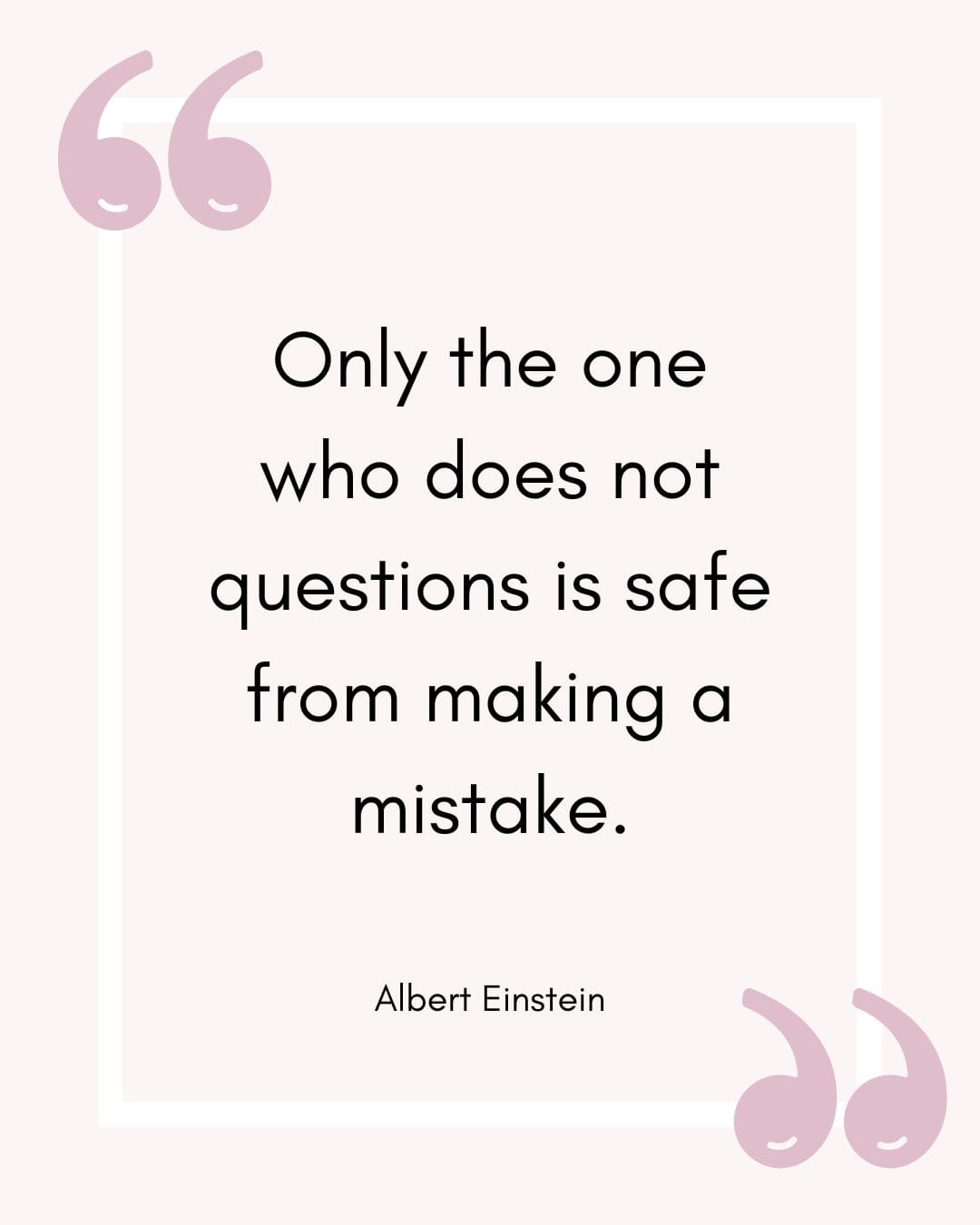Did you know you can only ask “why” seven times before you find an answer? Well, I wasn’t too sure about that either, but after a bit of digging, I discovered something even more fascinating: kids aged 14 months to 5 years ask an average of 107 questions an hour! Yes, you read that right. And once they learn the magic word “why,” it’s like a floodgate opens—suddenly, you’re drowning in a sea of curiosity faster than you can answer!
We’ve all been there, right? The days when even Google seems to struggle under the weight of your little one’s endless questions. From “Why is the sky blue?” to “Where does the moon go at night?”, some questions leave even the best of us stumped. One of my favorite moments happened during a trip to Tesco when my eldest, in his loudest toddler voice, asked, “Why does everyone hate working here?” Cue my attempts to explain that people didn’t hate their jobs, only to be met with, “Well, that lady’s face says otherwise!” (as he pointed right at the poor checkout assistant). Mortifying? Absolutely. Hilarious? Without a doubt!
But beyond the amusing questions our little ones ask, there’s a bigger one I hear from parents more often than any other: “UK curriculum or IB?” And that’s where things get tricky, because both are fantastic in their own ways. They each have unique strengths, and which one is best really depends on your child’s needs and future goals.
I like to explain it this way: education is all about answering questions—some of which we haven’t even thought to ask yet! Remember learning about cells in school? I still don’t know why we had to memorize the function of mitochondria, but understanding osmosis has actually come in handy.
Now, if the IB and UK curriculums were to approach the topic of cells, here’s how they’d do it: Imagine you’re a kid again, curious about cells. If you were following the IB, you’d start with cells, but pretty soon, you’d be exploring related topics like energy, ecosystems, and even animals—because that’s the IB style: one question leads to another, creating a rich web of interconnected knowledge. On the other hand, if you were following the UK curriculum, you’d focus on cells alone, diving deep to answer precise questions and mastering the core material before moving on to the next subject.
Both approaches get the job done, but with IB, you get a broader perspective, while the UK system is more targeted. So, how do you decide which is best? Well, that depends on where you see your child’s future. If the UK is your destination, A-Levels may be the more straightforward path, particularly if your child enjoys focusing on just a few subjects. But if you’re keeping global university options open, the IB offers more flexibility. Keep in mind, switching between systems—especially mid-way through primary years—can mean missing key concepts, so it’s often best to stick with one system until your child is ready for A-Levels or the IB Diploma in secondary school.
In the end, the right choice comes down to your child’s personality, strengths, and goals. Every child is unique, even within the same family. What works for one sibling might not be the right fit for another. And let’s be honest—we’re all too busy to juggle multiple school runs through Dubai traffic!
So, my advice? Trust the process. Whether you’re debating curriculums or losing sleep over your child’s future, just know that if you communicate, love, and support them, they’ll thrive in whatever school system they find themselves in.
Have an awesome week, fellow expats! And remember, none of us have a crystal ball—so just roll with it!
